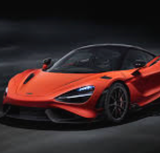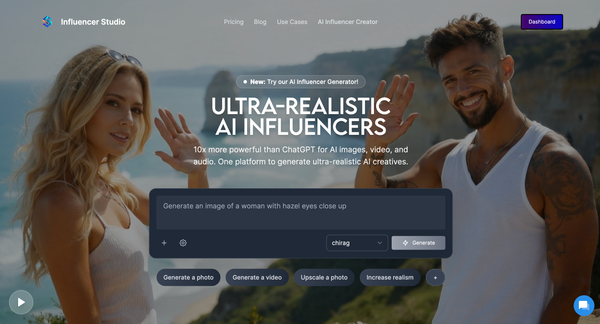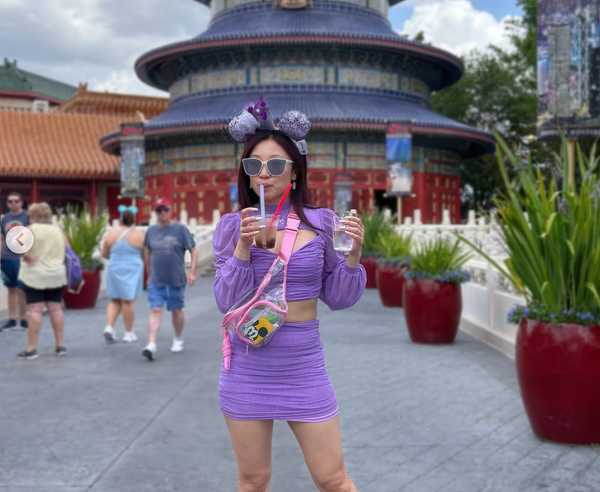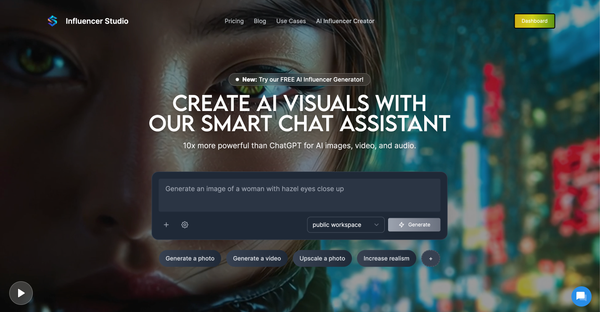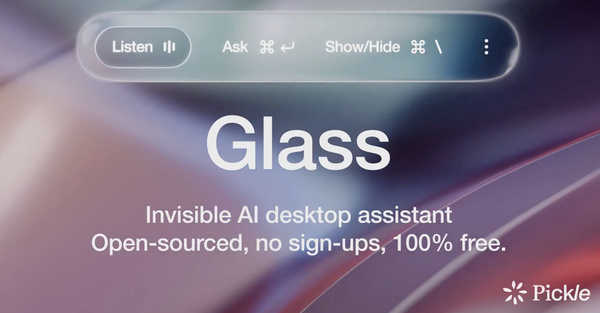D9 Reserve: How a Streetwear Brand Went From the Streets to a Multi-Million Dollar Business
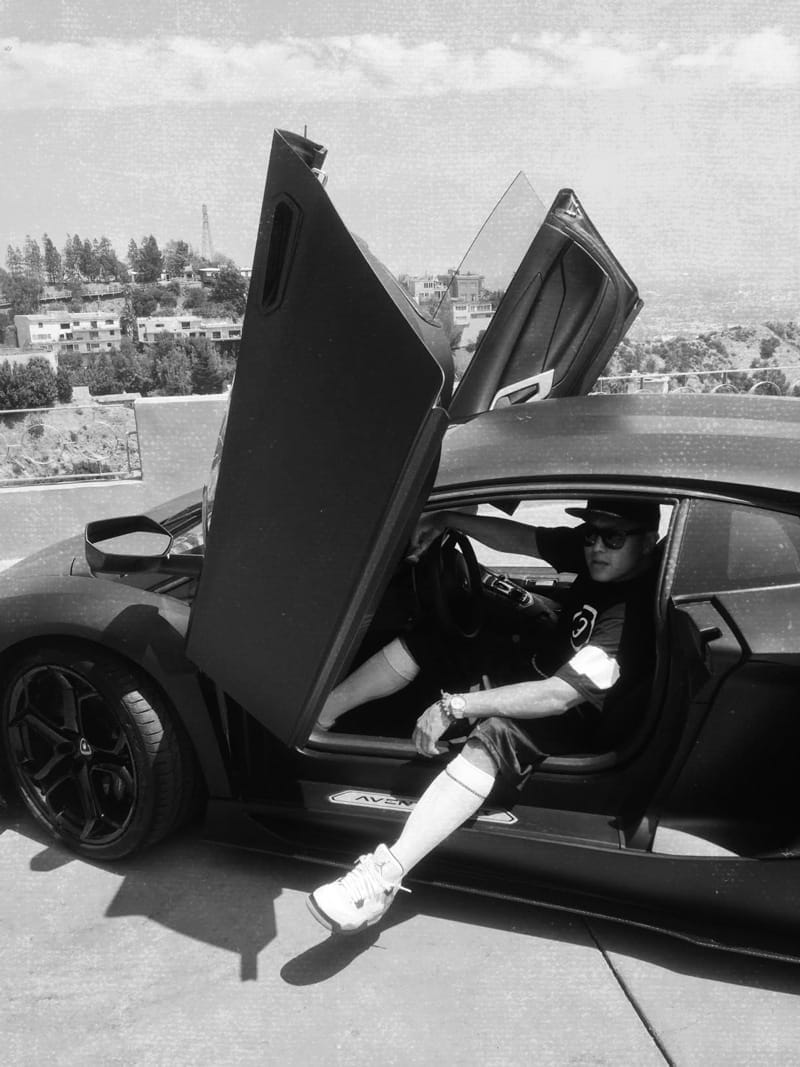
The story of how two entrepreneurs went from selling “unauthorized” Lakers gears to creating one of the most well-received brands in streetwear. (Even the Biebs rocks their line).
When I first learned about the clothing brand D9 Reserve through their IG account, I had a few pre-conceived notions about the company’s two founders. The location of their offices didn’t help me either. Compton, California, notorious for rampant gang activity.
Driving through this ten mile enclave in SoCal, I noticed a neighborhood that’s got fewer options than I’ve got fingers. The streets, lined with fast food joints, liquor shops and gas stations, haven’t updated itself with the rest of the county. The ubiquitous Chipotle was nowhere in site, and neither were cold pressed juiceries that blanket Beverly Hills or boba tea stations that mass produce themselves in the San Gabriel Valley.
But after sitting down for lunch at the local Popeyes, I recognized that Compton was no different from any other city. It’s a community filled with hard working individuals struggling to get by like the rest of us.
A few blocks from that Popeyes’, alongside Avalon Blvd., is a large warehouse strip that houses D9 RESERVE, a street wear line that’s accumulated a large following with hip hop stars and influencers leading the way.
The two entrepreneurs running D9 Reserve are David “Grinch” Yoo and Glen Yun, second generation Korean Americans who grew up as friends in the Valley.
Koreans have been in the garment business for decades, mostly immigrants who arrived in the late 70’s to early 80’s, digging their roots in LA and NY. For the majority of them, they managed to secure some cash loans from family and friends to set up small wholesale storefronts in the garment district. If they made some money, they got into manufacturing, sent their kids to private school, bought a nice home and drove German cars to prove they made it.

In many respects, Grinch and Glen aren’t so different from those Korean immigrants. They want to take care of their families, make a great living, and be their own bosses. But these two, with piercings and tatted sleeves, have stepped up to play a game on a field that’s far different than the ones their predecessors have stood on.
The Early Days, Selling Illegal Merchandise on the Streets
We’re not talking about crack.
During big games, they would hit up the streets near the Staples Center to sling knockoff Lakers gear printed up at a friend’s shop in the Valley. We’ve all seen them at events, hawkers selling t-shirts, hats and other paraphernalia that were probably “unauthorized,” whatever that means.
For G & G, it was a quick way to make a buck, turning the earnings into their first clothing brand called “Debt Stock,” targeted at the sneaker/streetwear culture that was thriving on both coasts.

Initially, they gained customers by selling merchandise to their friends, sending promo shirts to Asian rappers and club promoters while trying to gain traction as a brand.
But after pushing the line hard for 3-4 years, both had come to the realization that “the momentum was gone.” They folded up shop, pursuing more stable dreams of earning a living.
“Our focus was all over the place. But Debt Stock gave us a little taste of the clothing industry including branding and marketing,” says Grinch.
Although it wasn’t successful, the duo had learned something about the fashion business.
Their time off from the industry was short-lived.
Grinch, who was enrolled at FIDM, noticed whack tees with clichéd stoner phrases being sold at his friend’s pipe shop.
He knew he could do better. As his mind churned away in a cloud of smoke, D9 Reserve was created.
Inside the main office, Grinch and Glen occupy a single room with desks aligned side to side, executing the tedious daily tasks as business owners.
When I asked them about a massive hole in the wall, they recanted a story about their former partner Nick.

On a particularly bad day at work, the guys were slacking off and Nick was furious. In a rage, he smashed a huge dent into the wall.
Nick had been the successful friend who believed in them, lending them their first $10k to start D9. He also brought in another vital business partner into the fold, Sammy, who had years of retail experience in NYC that helped create inroads into markets across the East Coast.
Without Nick, maybe none of it would have been possible.
After Nick passed away last year, they kept the hole as a reminder. Not just for their former partner and friend, but for the reason they’ve made it so far, hard work and determination.
How D9 Reserve Became a Global Phenomenon
“With the trend towards dispensaries, legalization of weed and medical marijuana, there was a market for a sophisticated fashionable smoker that can blend the cannabis culture with fashion.
With Nick’s initial seed money, D9 Reserve launched their first line of print design tees in 2011. Excited about the prospects, they forged ahead and ordered 300 tees off the bat on the hopes of selling them.
Hope, they learned, can’t be trusted.
They overproduced and got stuck with 200 shirts that they had to get rid of at cost or under, just to break even.
“Through the experience, we now have actual figures and we have less overhead,” Grinch states.
The following year, the company added sweaters, headgear along with cut and sew custom pieces, which elevated their brand to a different price level. Though it scared off some of their retailers, most understood what they were getting. D9 would never sell shitty product.
“Since consumers are educated and want good quality, it’s at the top of our priorities.”
When you’re in the fashion game, nothing helps your business more than celeb endorsements. But getting celebs to promote your brand is difficult without deep pockets. UNLESS THEY DIG YOUR GEAR.
So how do you get celebrity endorsements without money?
Grinch tips us off:
“Find the stylists, their PR person or even get to know one of their entourage friends. Those people are much more accessible than the celebrity himself.”
How much does a celebrity endorsement help them?
“Building a brand without celebs is a long process that takes more effort. You have to be out networking and you go to a lot of trade shows. It takes longer to get the brand and the name out there compared to name dropping a celeb to get that sense of credibility.”
And if you can’t “network”?
Another key to their business growth were sales reps who scored big by getting merchandise into the right image accounts – retailers who have tons of celebrity traffic. Once a celeb finds your merchandise, your foothold in the game only gets stronger.
Paparazzi once took a picture of Kanye West with a guy rocking their sweatshirt. That item sold out instantly, netting them around $40,000 in a flash. TMZ even wrote a story about it.
Other celebs that have been spotted rockin’ D9 include Ne-Yo, The Game, Chris Brown, TI and French Montana. None of them are paid endorsers.
As we were interviewing Jader, one of D9’s account managers, he abruptly had to jet. “I’ve got a meeting with Ne-Yo. Sorry guys for cutting it short!”
It’s okay, Jader. We forgive you because it’s Ne-Yo.
And of course, they cement up that free publicity through their social media game, active on Facebook, Instagram and Twitter. Grinch tells us how significant social media is for them.
“A lot of times we post a product and we can see sales immediately come in on the website for that particular piece. There is a direct correlation to the social media marketing and sales.”
D9 Reserve is making the right financial moves to scale their business higher. In line with the company’s strategy is outsourcing their manufacturing to China, without compromising on their standards.
“Most of our products are made in China because the quality is great and the price is fair.”
But before they break a sweat in China, it comes down to Sammy and his knowledge of retail trends and what the consumers are looking for on a street level. Trend forecasting is crucial to any fashion business and especially to D9, as an influencer in the industry.
Grinch walked us through the warehouse where we met the operations manager, LT, a former porn producer, who was busy prepping all the stacked boxes being shipped out to retailers across the country.
He was excited because amongst the packages was a shipment for a new account, Foot Locker. It’s a huge damn deal to land a major retailer with over 300 stores in the US and Puerto Rico, especially since it’s their first foray into mainstream America.
How does a streetwear brand get into retail stores?
“For D9 it was all about going to trade shows like AGENDA and networking with buyers. We met a sales rep who then was able to sell our line to retailers. We started with smaller retailers at first and then eventually as we caught steam we were approached by bigger ones.”
As for the future, Grinch has big goals for their company.
“When we first started our company, we were in tune with street wear like The Hundreds, Crooks and Castles and Diamond Supply but as we’ve been growing, we don’t see ourselves going down that same route. We don’t want to close the door on other streams of revenue and there’s a lot more out there for us than being just a cool brand. It’s all about making money with the clothes that we like.”
For anyone who wants to get in the fashion game, Grinch has this to say to any new entrepreneur.
“Not everyone is going to agree with what you’re doing initially. Don’t let other people get in your head about what they think your brand should be and don’t let them influence you. Stick to your vision.”
Check out the team:
D9 Reserve
David “Grinch” Yoo
Glen Yun
Jader James
Vanessa
LT Vong
